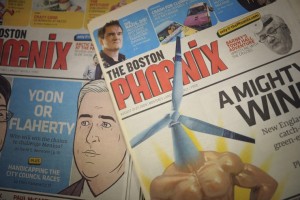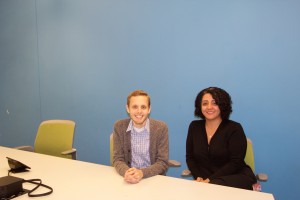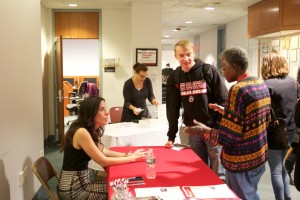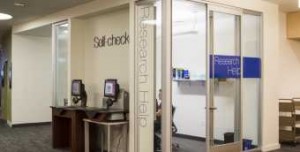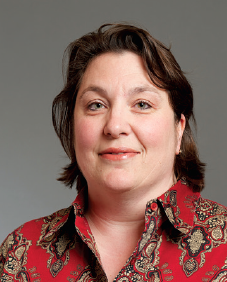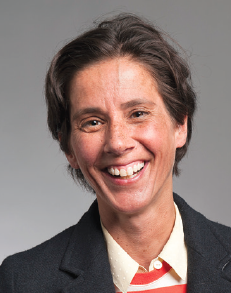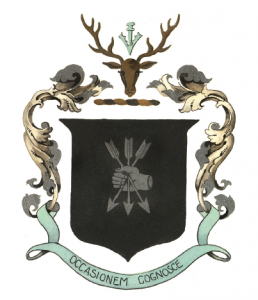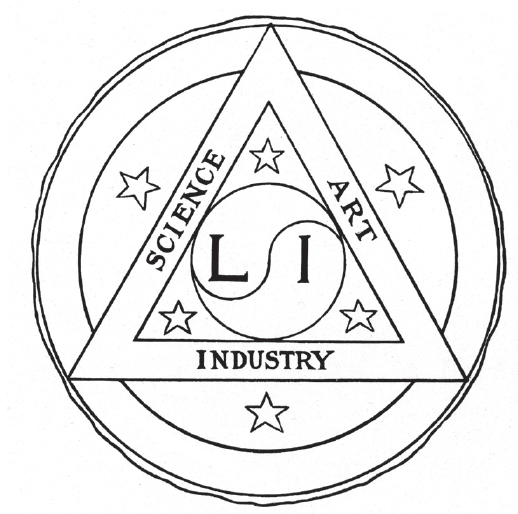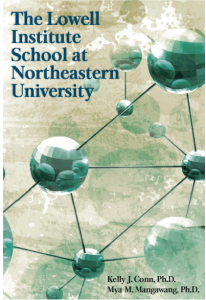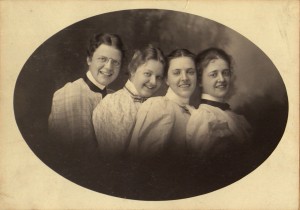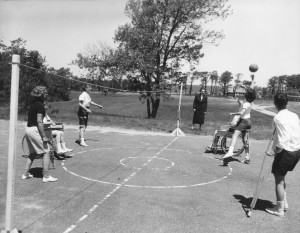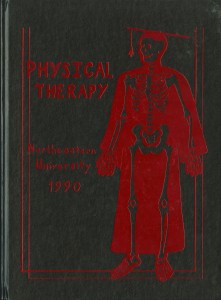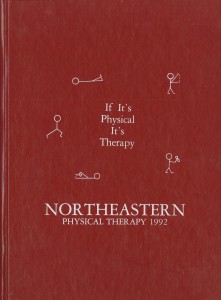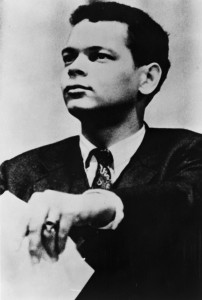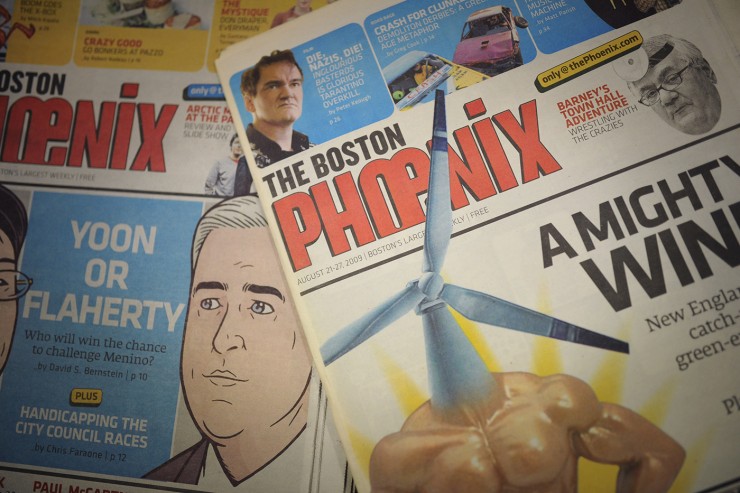
Boston Phoenix owner Stephen Mindich decided in September to donate the paper’s archives to Snell Library. Photo by Matthew Modoono/Northeastern University
Originally Published in News@Northeastern on November 24, 2015
By Noelle Shough
For nearly 50 years, The Boston Phoenix was Boston’s alternative newspaper of record, the first word on social justice, politics, as well as the arts and music scene. Its intrepid journalists tackled issues from safe sex and AIDS awareness to gay rights, marriage equality, and the legalization of marijuana. Ads for roommates, romantic mates, and band mates—one could find all these and more in the newspaper’s probing, irreverent, entertaining pages.
It ceased publication in March 2013, but the Phoenix will be preserved for posterity—thanks to owner Stephen Mindich’s decision in September to donate the paper’s archives to Northeastern’s Snell Library.
Snell’s Archives and Special Collections already houses an impressive array of historical records of Boston’s social movements, including civil and political rights, immigrant rights, homelessness, and environmental justice.
“The Phoenix never shied away from covering topics of neighborhood interest, supporting the rights of individuals and groups,” says Will Wakeling, dean of University Libraries. “So it will form a perfect complement to this growing collection.”
___

The Boston Phoenix will be preserved in Snell Library’s Archives and Special Collections. Photo by Matthew Modoono/Northeastern University
LOCAL HISTORY WRIT LARGE
Mindich’s gift encompasses much more than The Boston Phoenix. The archives include sister publications in Worcester, Massachusetts, Portland, Maine, and Providence; Boston After Dark; The Real Paper; the alternative programming of WFNX FM; and Stuff and Stuff at Night magazines. These sources, including a full Web archive of material not included in the print editions, provide a richly nuanced perspective on how people thought and put ideas into action when it came to social issues and social justice from the 1960s to the near-present day. They are documentation of the ways social change happens.
“Our vision for the archives is digitizing all the print and making it fully text-searchable, so all that history lives on,” says Dan Kennedy, associate professor at Northeastern’s School of Journalism and a former Phoenix media columnist and nationally-known media commentator.
Adds Wakeling, “As the library works on the complex digitizing strategy, the archives will be made available to the public.”
The Boston Phoenix not only reported on the news, it made the news. In 1987, during the height of the AIDS crisis, it distributed 150,000 condoms to readers. In 2001, Phoenix reporter Kristen Lombardi described troubling patterns in how Catholic Church leaders were transferring priests accused of sexually abusing children to new parishes. The alternative weekly also followed the evolving rights of the LGBTQ community.
“A great strength of the paper was also its arts coverage, which is also Stephen’s passion,” notes Kennedy. In 1994, writer Lloyd Schwartz won the Pulitzer Prize for Criticism for his coverage of classical music. Many former Phoenix writers—Susan Orlean, David Denby, Mark Leibovich, and Michael Rezendes among them—went on to illustrious careers at top U.S. newspapers and magazines.
Though Boston’s anti-establishment spirit has faded somewhat over the years, Mindich’s donation ensures that its history never will. “Scholars and researchers in this area will be licking their lips in anticipation,” says Wakeling.
